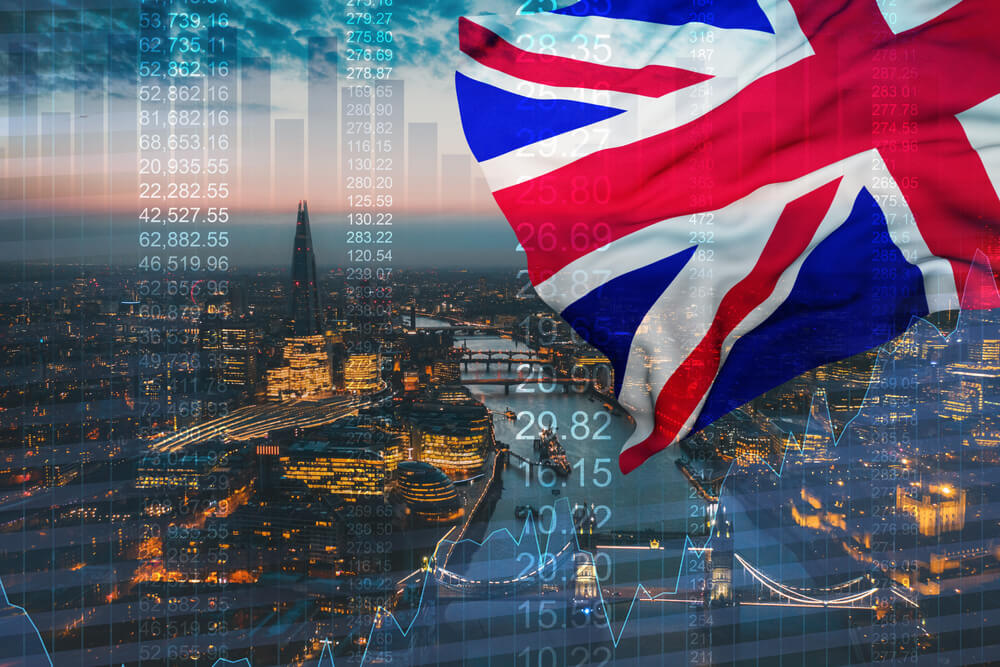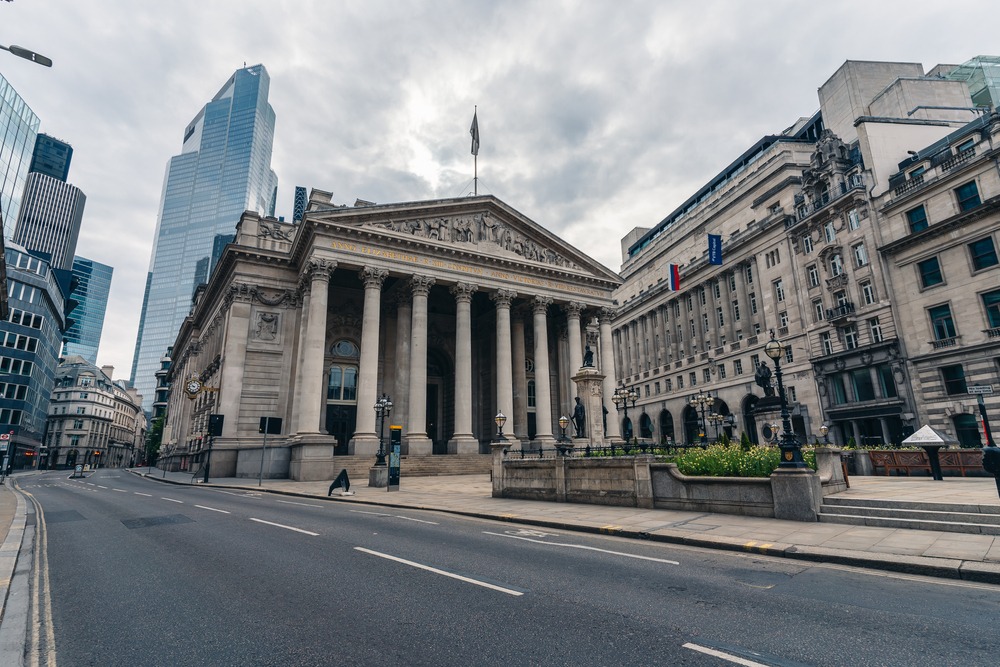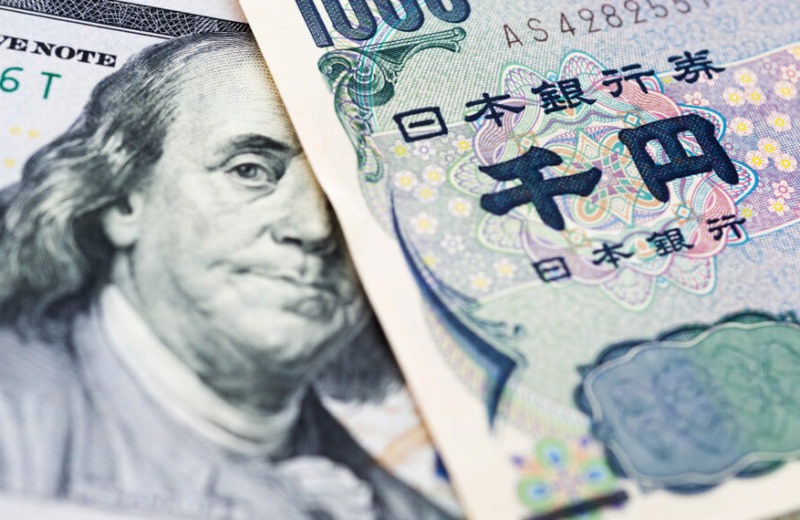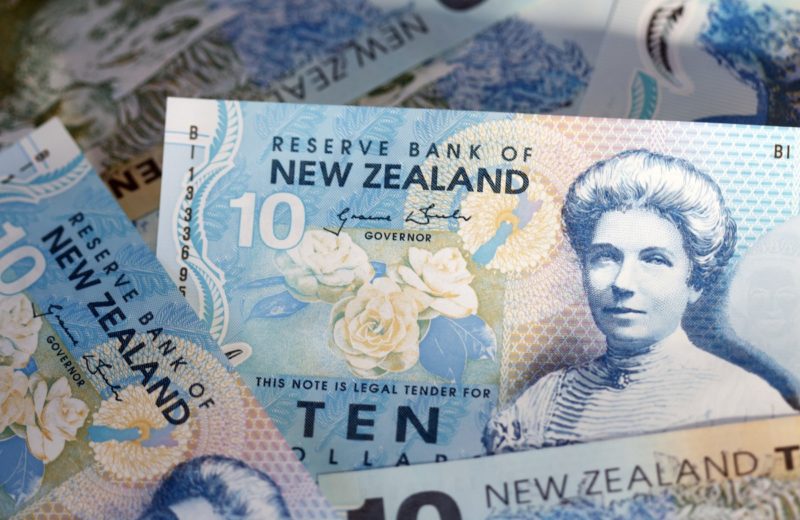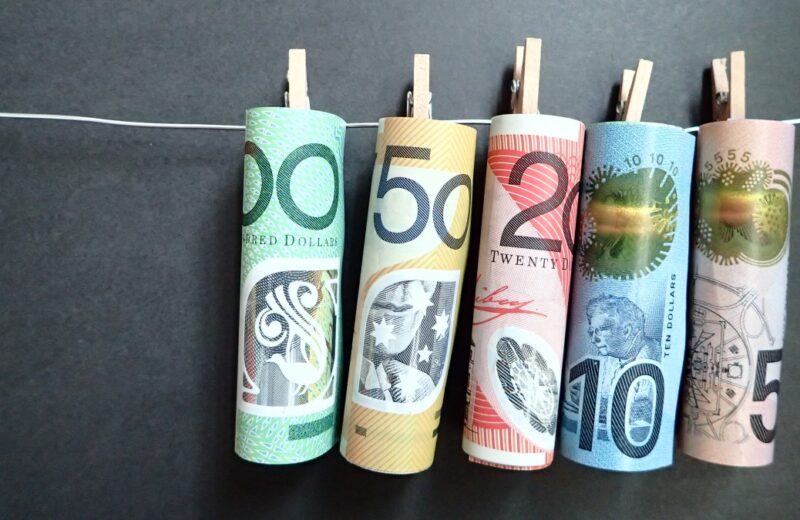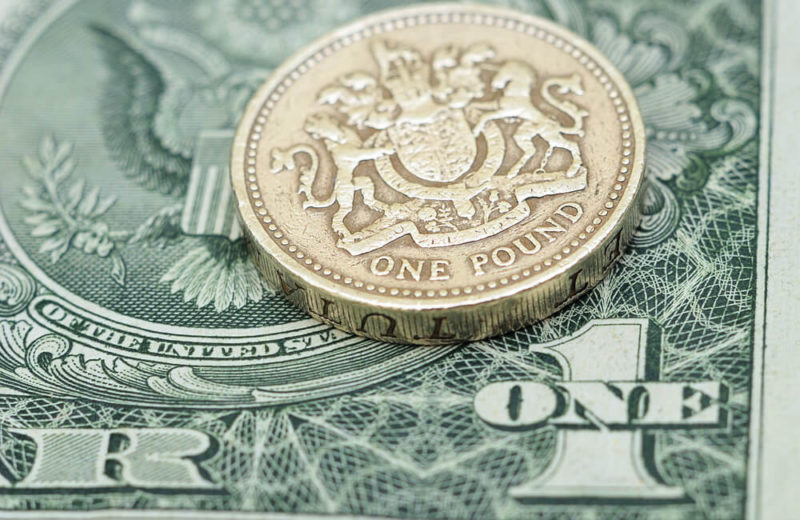As lockdowns gradually ease in the United Kingdom, the services Purchasing Managers’ Index rebounds.
The results of the report released by the IHS Markit non-manufacturing PMI showed a 61.0 level in April.
This is a better result compared to the 56.3 points incurred in March and also significantly higher than the 60.1 prediction released a month prior.
For the record, any result that rests above 50 indicates expansion while anything below the level suggests otherwise.
The indicator accounts for nearly 80% of the total output, as the country is heavily reliant on face-to-face services.
On the other hand, analysts noted that the sector remains far-fetched from achieving full recovery.
In a data, seated diner reservations during the month stalled by more than 70% compared to the same period two years ago.
Shopping on brick-and-mortar facilities is also 74% lower compared to May 2019.
In separate data, the UK labor market showed healthy signs of recovery after the demand for workers in April hiked to its highest since 1990.
Permanent staff recruitments also followed the upward trajectory and hit their highest rate since late 1997.
Economists noted that the easing of restrictions along with the positive development of the vaccination is helping British employers get back to a normal footing.
For the record, the United Kingdom is one of the leaders in the charts with most vaccinated citizens, next to the United States.
On April 12, the administration officially allowed the reopening of non-essential businesses but only limited to outdoor operations.
On the other hand, an estimated 3.3 million employees in the leisure sector remains on furlough amid the still restricted operations.
The Bank of England is Optimistic
Nevertheless, the government will now adopt more easing measures starting on May 17 which will include indoor dining, leisure, and other non-essential services.
The developments give spectators some hope and analysts noted the market to be patient as the country bouncing from the rock botuktom.
Meanwhile, the Bank of England announced greater optimism on the country’s recovery, saying that the growth rate might come the fastest since the last world war.
The BoE’s growth forecast for 2021 came at 7.25% which is significantly higher than the 5.0% prediction released in February.
This will make up for the near 10% annual contraction incurred in 2020 when the UK endured the double-burden of Brexit and the pandemic.
With this, the central bank vowed for the easing of its weekly bond-buying measure to 3.4 billion sterling pounds from 4.4 billion pounds.


